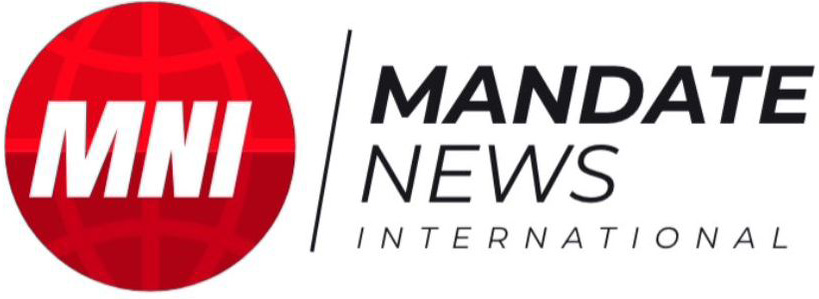SPEECH DELIVERED BY EXECUTIVE CHAIRMAN, ABAJI AREA COUNCIL HONOURABLE ABUBAKAR UMAR ABDULLAHI ON THE OCCASION OF A 5-DAY ADVOCACY FOR THE ESTABLISHMENT OF GIRL CHILD RIGHTS TO EARLY EDUCATION IN THE FEDERAL CAPITAL TERRITORY
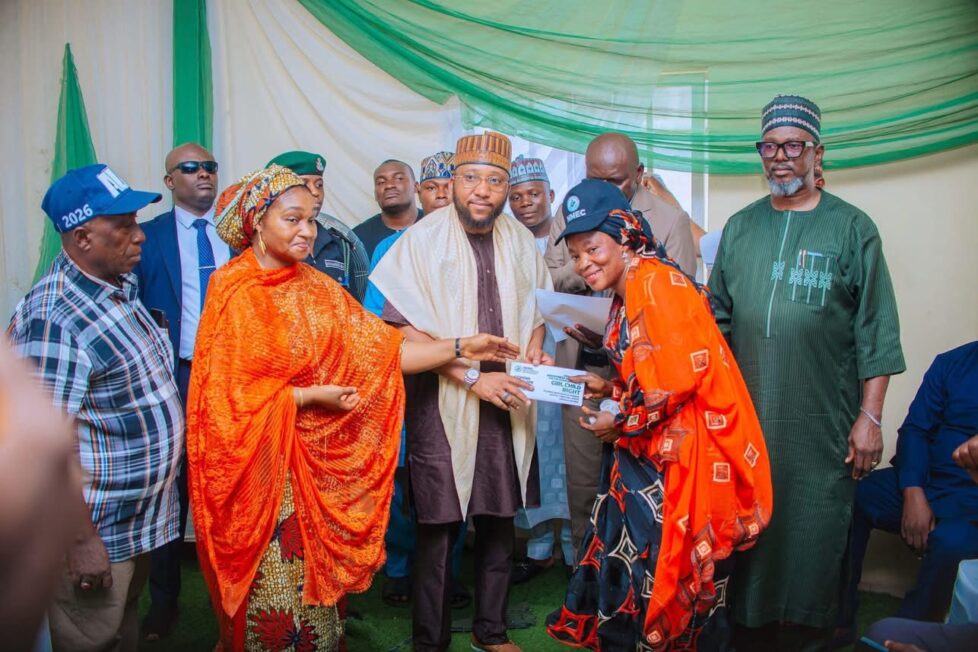

SPEECH DELIVERED BY EXECUTIVE CHAIRMAN, ABAJI AREA COUNCIL HONOURABLE ABUBAKAR UMAR ABDULLAHI ON THE OCCASION OF A 5-DAY ADVOCACY FOR THE ESTABLISHMENT OF GIRL CHILD RIGHTS TO EARLY EDUCATION IN THE FEDERAL CAPITAL TERRITORY JOINTLY ORGANIZED BY MEDIA TARGET LIMITED AND NATIONAL COMMISSION FOR MASS LITERACY, ADULT AND NON-FORMAL EDUCATION (NMEC), HOSTED BY ABAJI AREA COUNCIL.
PROTOCOL
Esteemed Guests, Stakeholders, Ladies and Gentlemen, I welcome you all to this important program. It is a thing of joy that a program of this significance is being held in Abaji Area Council, which underlines the recognition the organizers have for our contributions to educational development. The theme of today’s program is also well chosen considering our cultural perspective to formal education for girl children.
When we talk of early childhood, we are simply referring to the period between birth and 8 years of age, wherein a child’s brain is highly sensitive to the environment around them. Therefore, early childhood education means the critical developmental milestones, skills, and concepts that children attain during this period of their lives. This period is highly crucial in every child’s development, as it marks a time of significant brain development in children which ultimately set the foundation for good health, nutrition, learning success, social-emotional development, and economic productivity throughout life.
Esteemed Stakeholders, there are many differences in learning and development inherent in every stage of children’s early years.
Understanding and availing them with appropriate educational program to address these differences by all stakeholders is necessary for a well-rounded and comprehensive education of children and for their future academic success as well. It is thus not surprising that UNESCO supports high-quality early childhood education as one of its sustainable development goals.
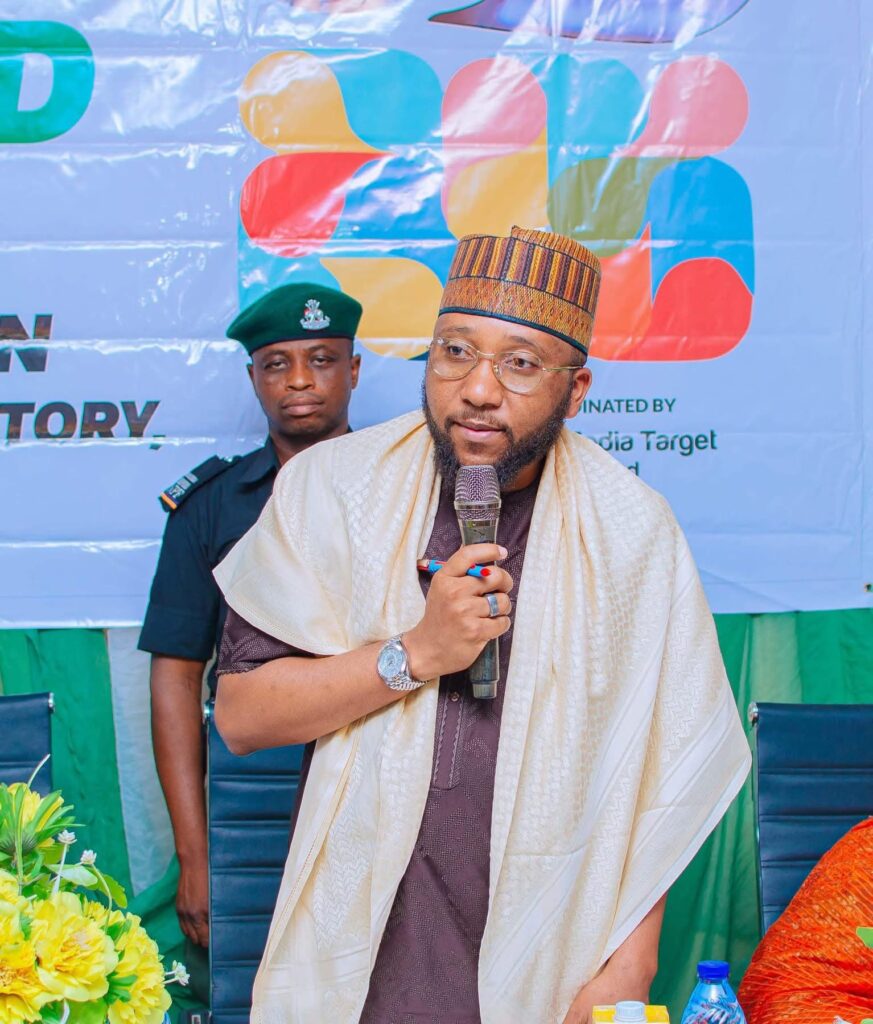
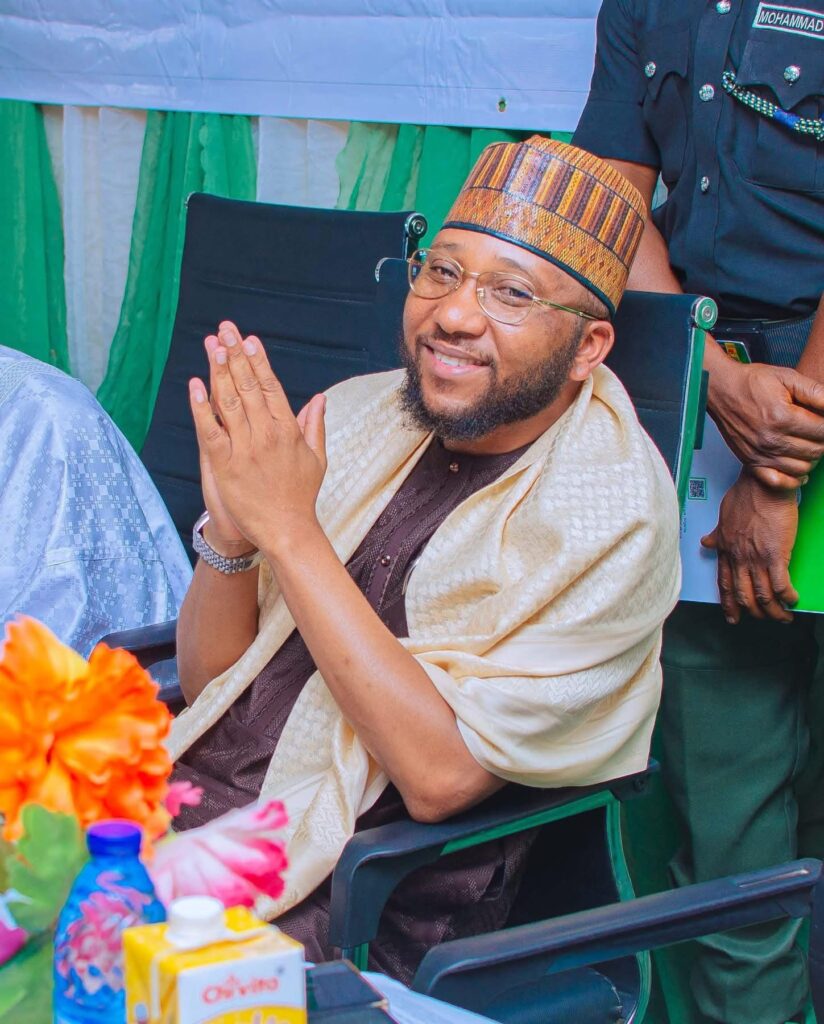
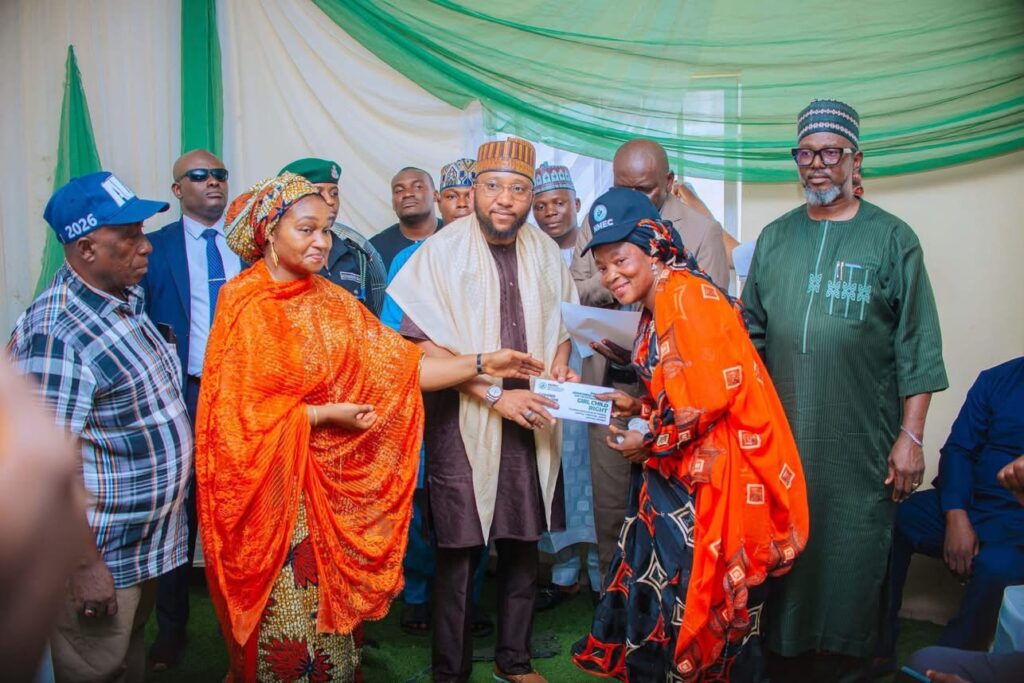
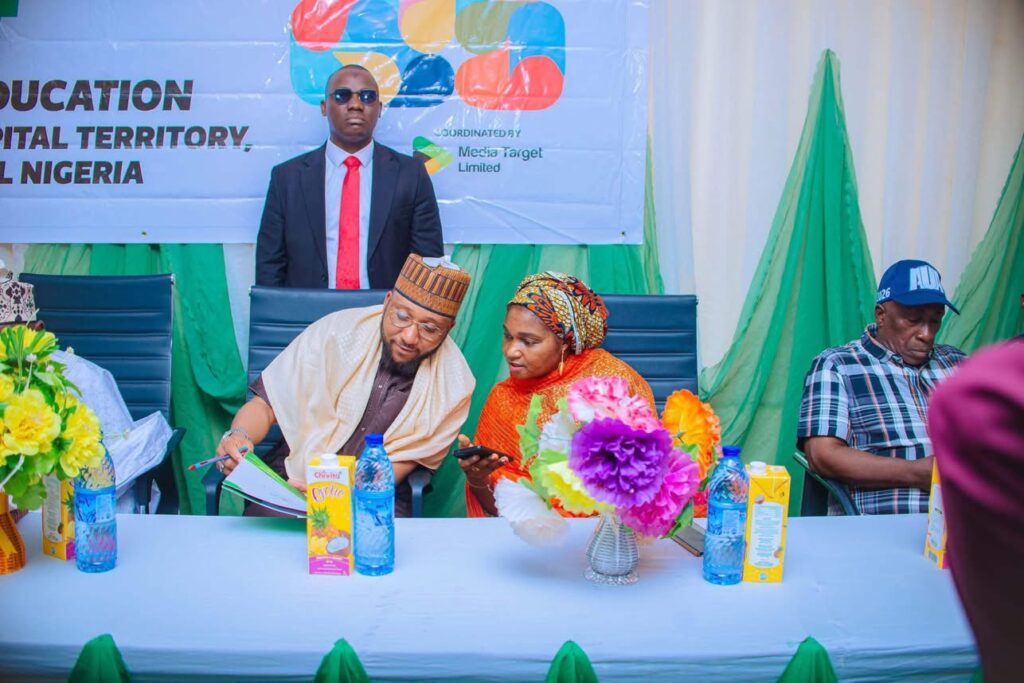

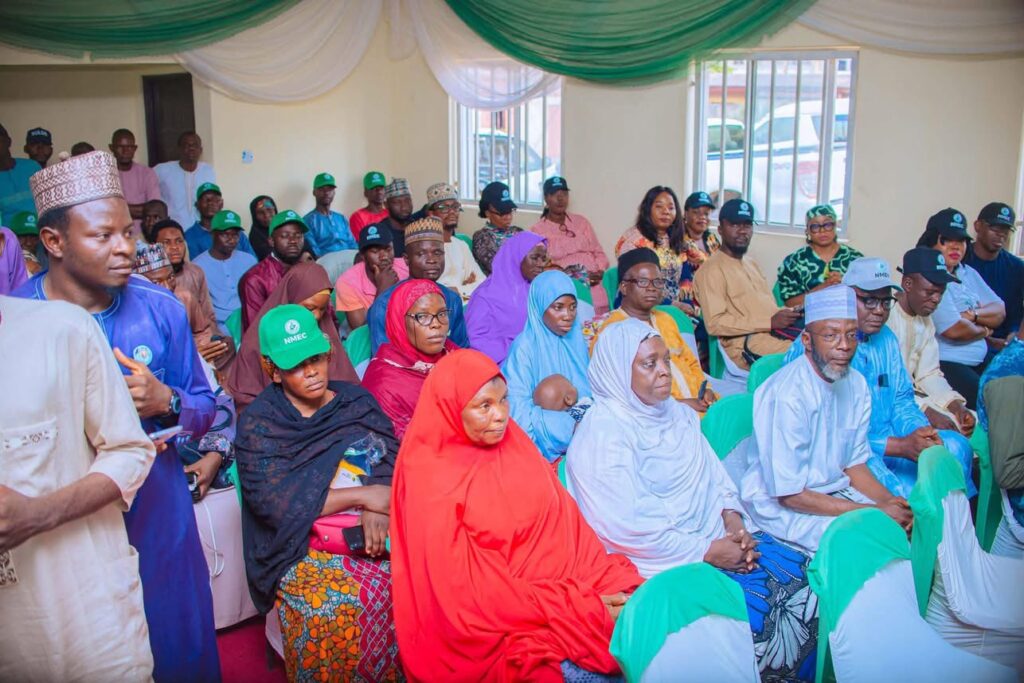
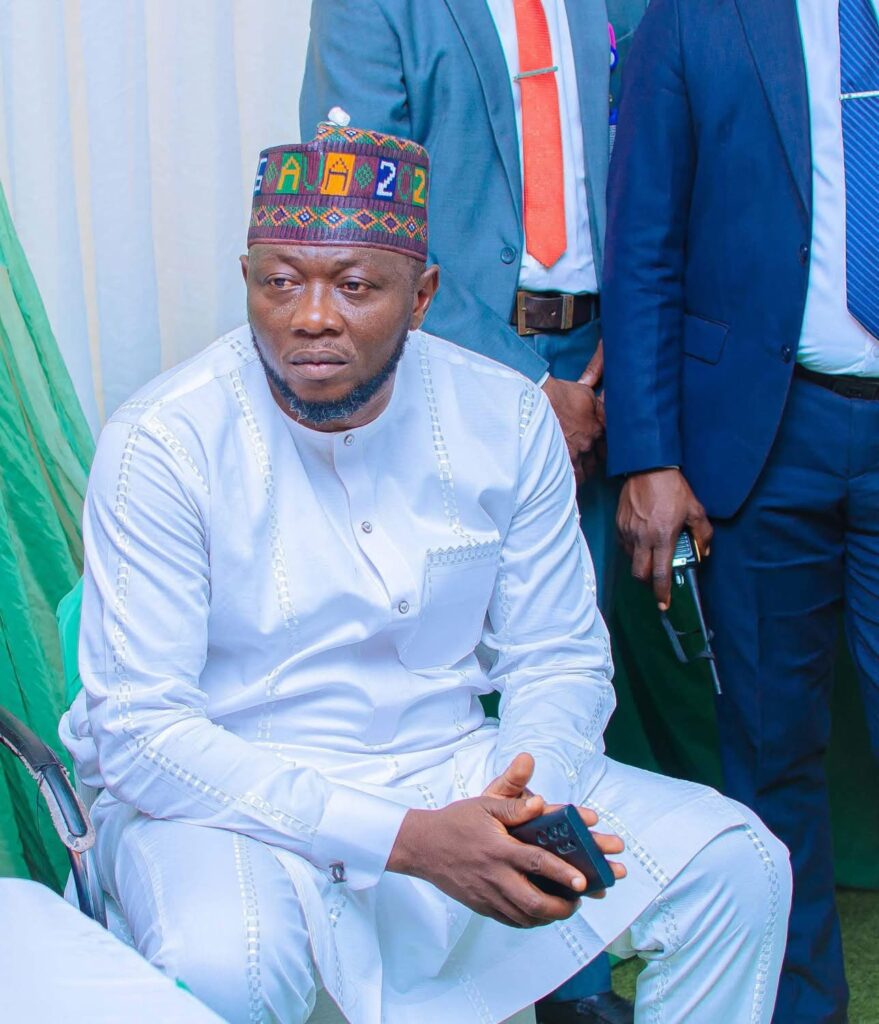
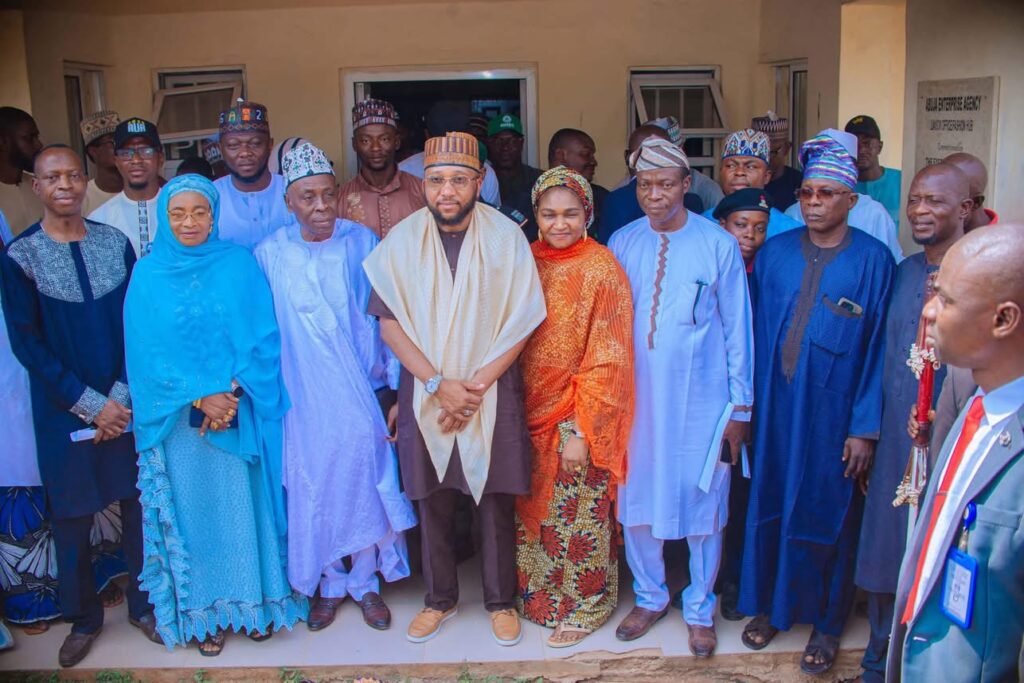
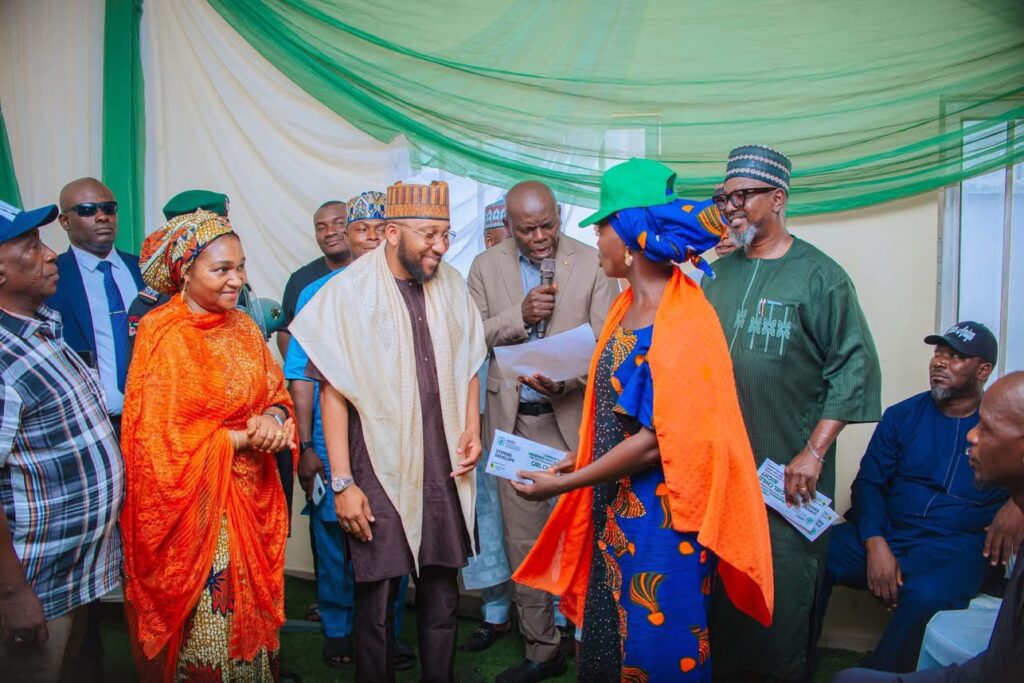
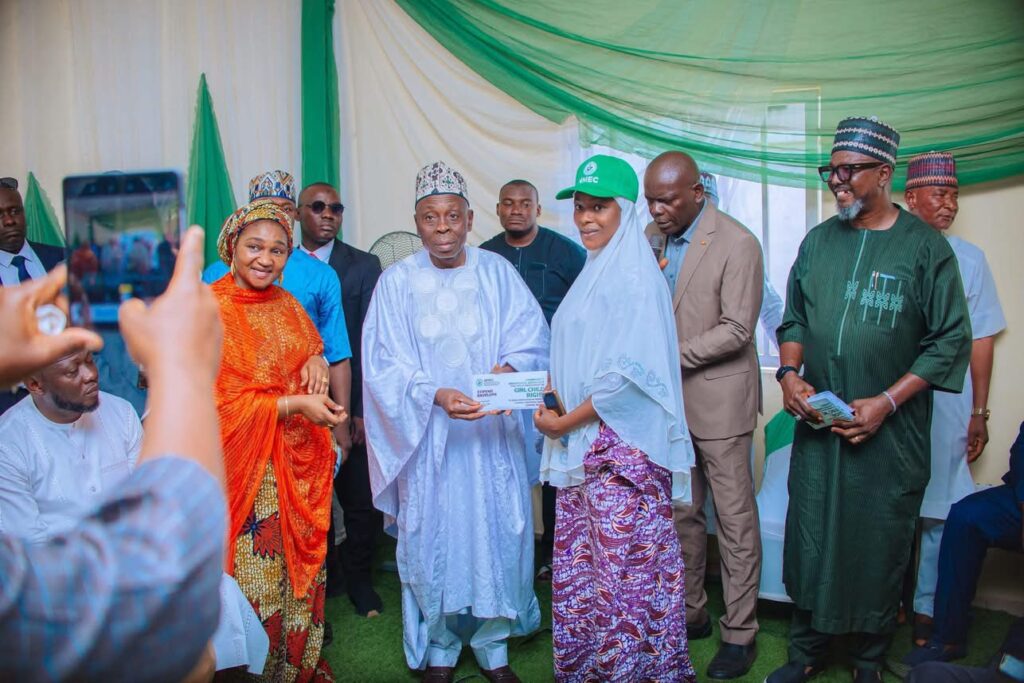
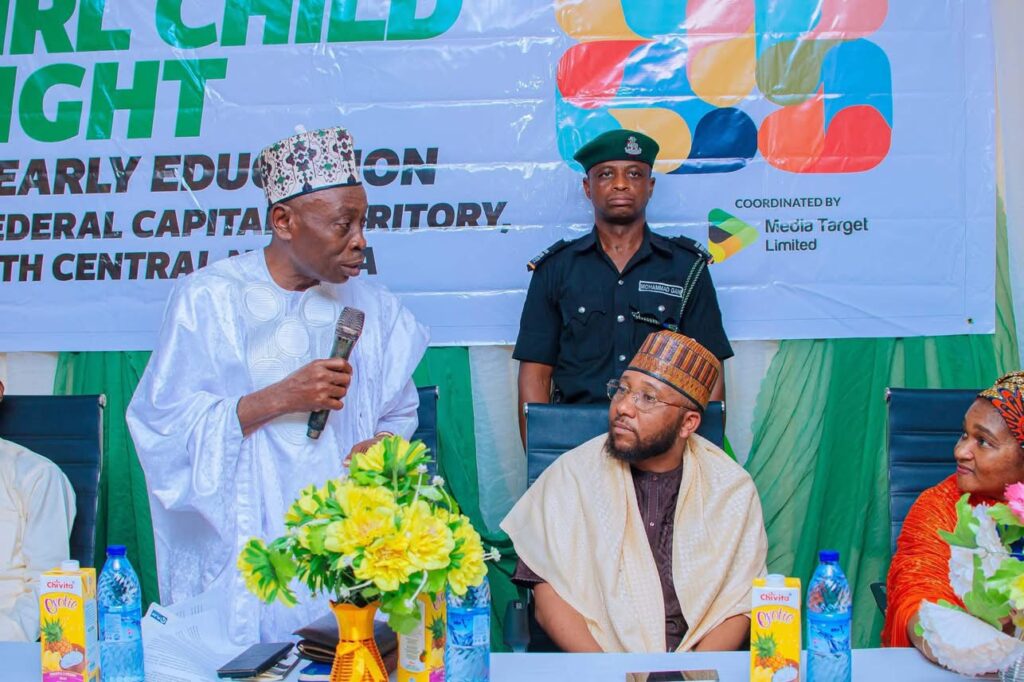

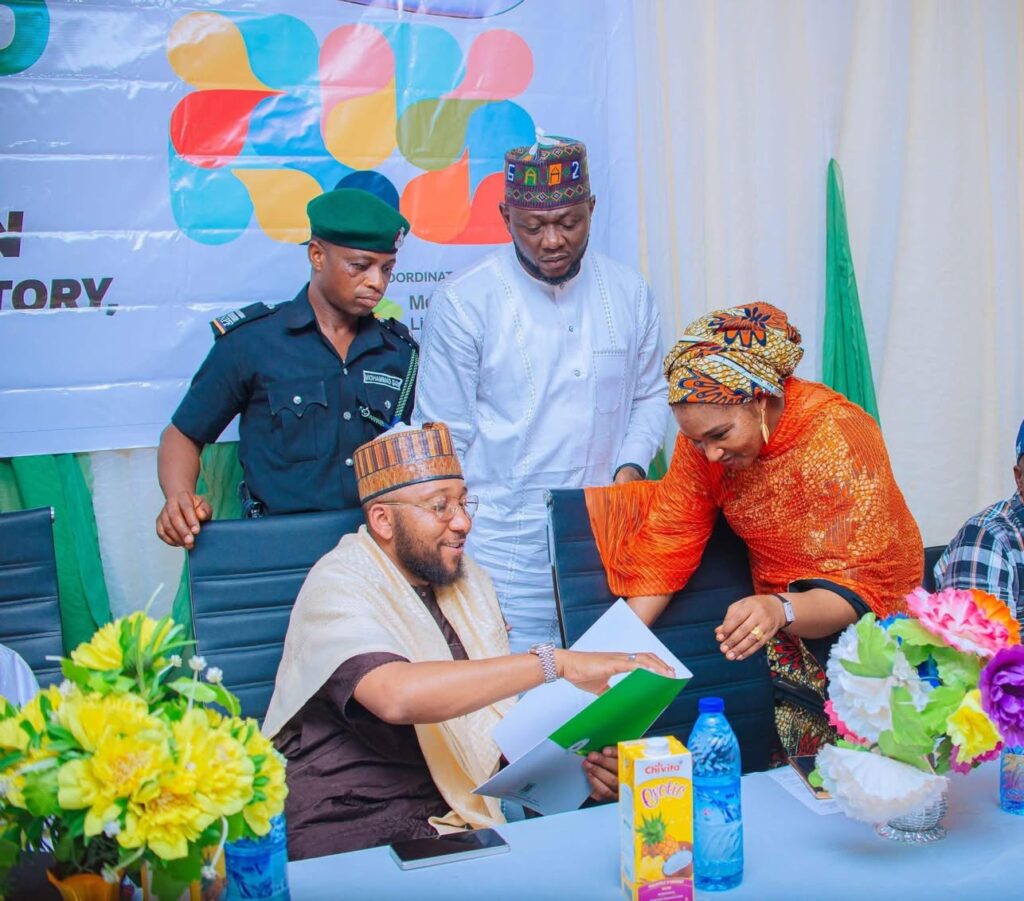
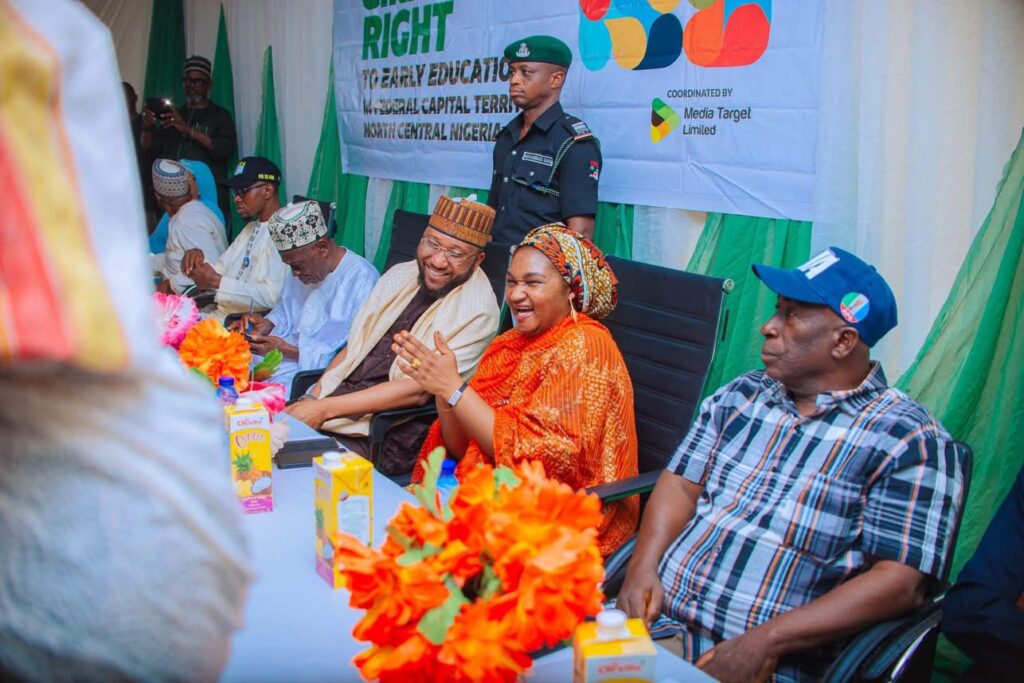
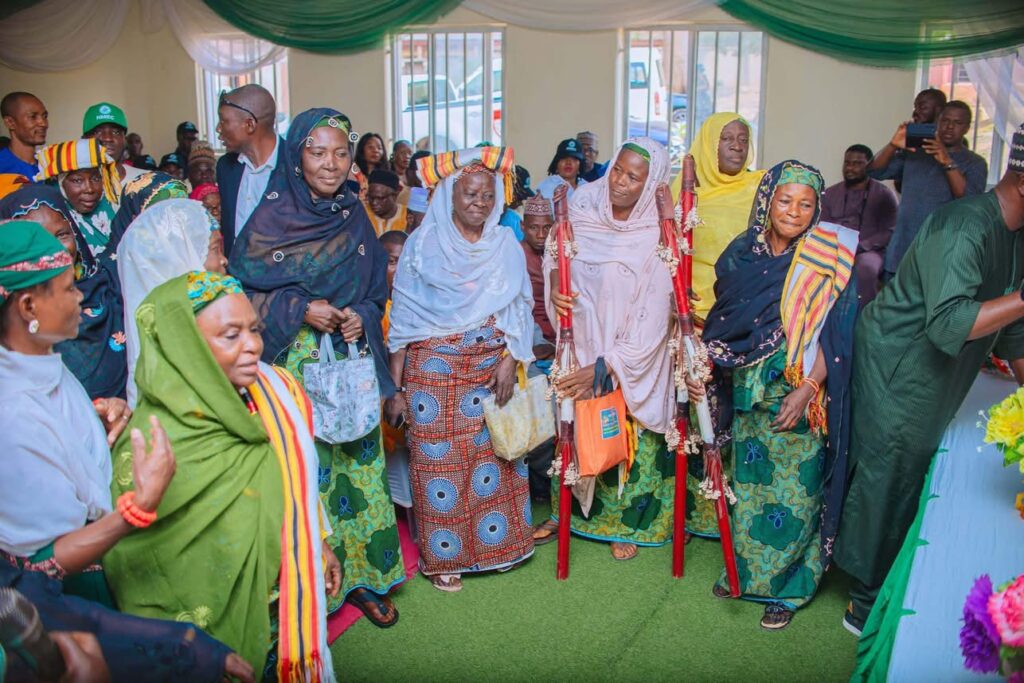
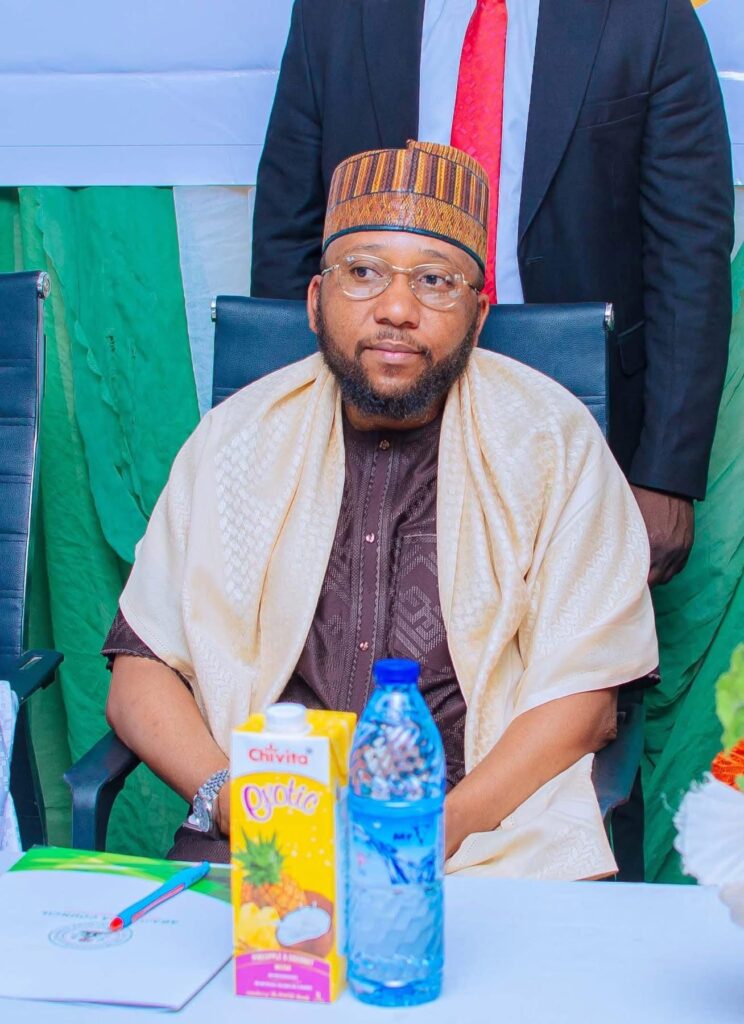
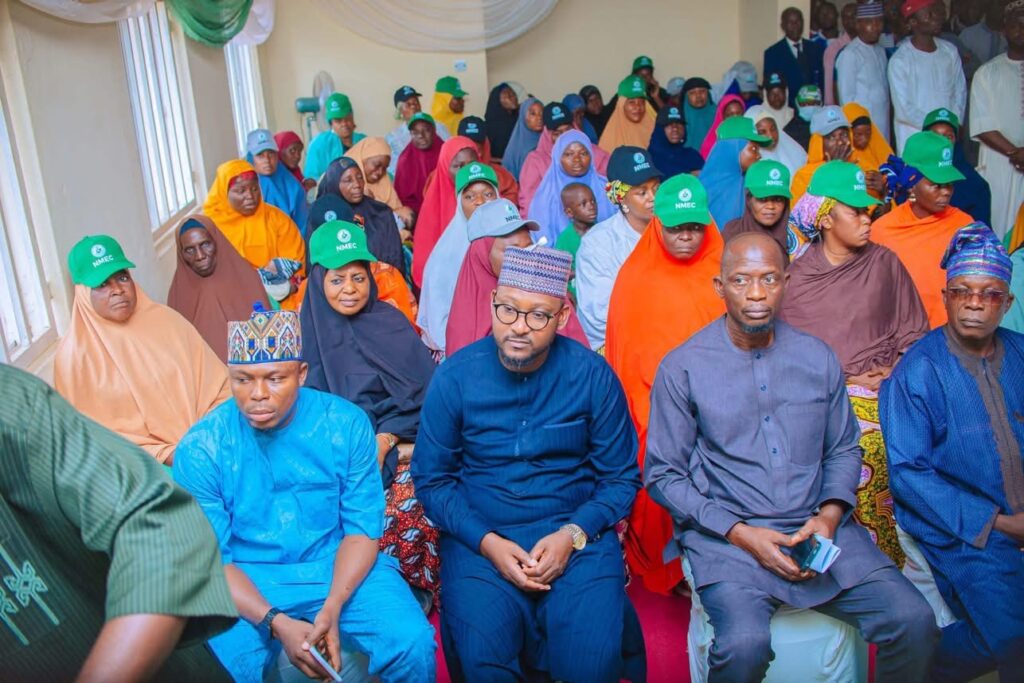
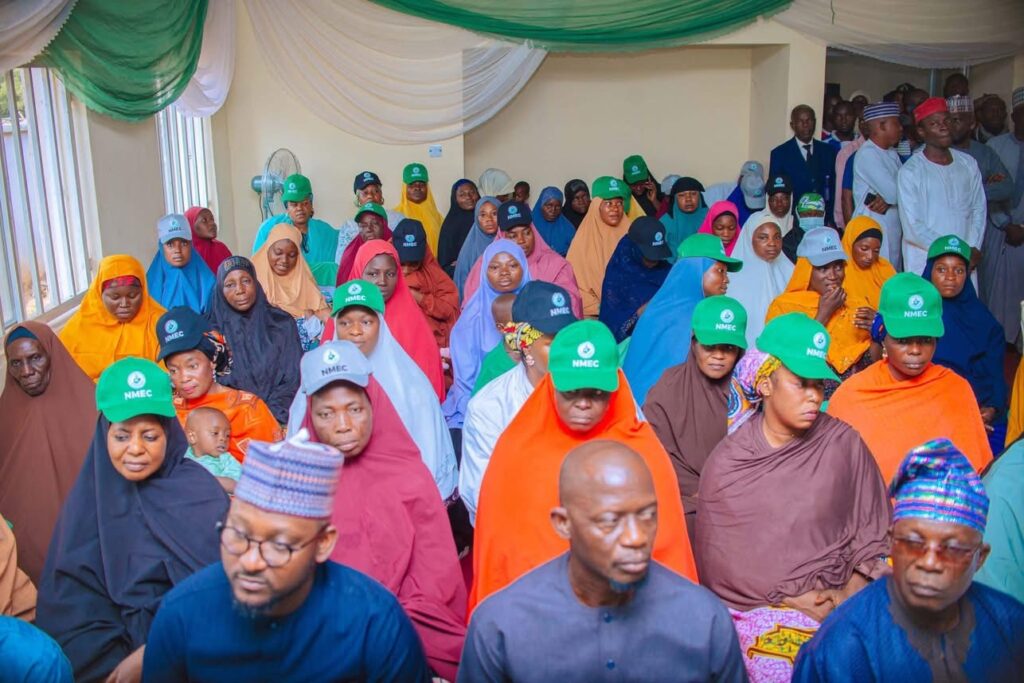
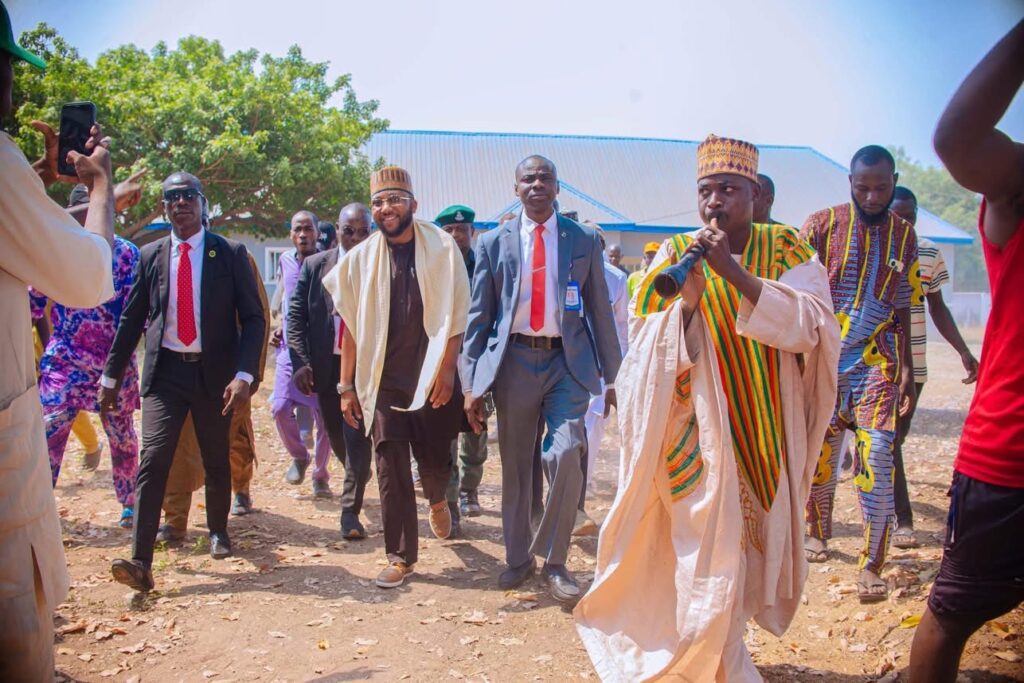
As the organizers of this wonderful program has stated in their letter to the Council, the purpose of this advocacy is to promote significant access to quality early childhood education for all Girl children in FCT and lay a solid foundation for their future success through interactive engagement of parents, guardians and other community stakeholders. This is very important considering the tremendous benefits of early childhood education. Some of these benefits include the followings:
It enhances children’s understanding of themselves as individuals who live in relationship to others;
It helps children to see themselves as leaders for a better future;
It is also helps children to develop the belief that they can make a positive difference in the lives of others.
Furthermore, early childhood education helps children to develop self-confidence, self-regulation of their emotions, self-expression, self-respect, and positive self-belief, all of which are highly essential for later activities like problem-solving and healthy risk-taking in life.
Esteemed guests, ladies and gentlemen, extending and strengthening girl child education rights to include early childhood care can significantly impact developmental outcomes for the whole society. As the popular adage states, when we educate a woman, we educate the whole nation. The organizers of this event has just done the right thing at the niche of time. By putting together this advocacy program, the general perception and culture among poorer households, especially in rural areas that, a girl child education ends up in the kitchen will be dispelled.
Distinguished Stakeholders, the establishment of the rights of girl children to early childhood education in the FCT is achievable by aligning basic education policies and programs of FCT Administration with target 4.2 of Sustainable Development Goal 4, which aims at, ensuring ‘that all girls and boys have access to quality early childhood development, care and pre-primary education so that they are ready for primary education by 2030’.
My Administration has already commenced this initiative in the Council’s newly passed and gazetted Bye-laws, which became effective from January 2025. For instance, Sections 4 & 5 of Bye-law N0 23 of the Bye-laws of Abaji Area Council, FCT (2024) forbids parents from allowing children of school age/under the age of seven (7) to hawk, particularly during school hours.
Furthermore, we have increased our investment in basic education through prompt payment of teachers’ emoluments; direct intervention in schools’ infrastructural development; organizing performance enhancing training programs for teachers in primary schools; payment of scholarship to students across the three levels of education; provision of logistics supports to Abaji Parents Teachers Association (PTA) to conduct outreaches to primary schools across the ten political wards, amongst others.
Ladies and gentlemen, as we are all gathered here today, the onus is on all of us as stakeholders, to ensure that the rights of all children (especially the girl children) to early childhood education is guaranteed. The focus on girl children is because of the dual roles they play as wives and mothers, which tend to make them more vulnerable in the society.
As stakeholders, if we are all in agreement that “Children are the Leaders of Tomorrow,” then the best way to make them good and responsible leaders is by giving them quality and affordable early childhood education now. Otherwise, what future leaders are we going to raise, if this critical stage of children’s development is ignored or not given a deserved attention and investment? This is the cardinal question all of us must answer, if we are truly desirous of building a better future for our children.
Thank you for your attention and wishing you all fruitful deliberations.
PC Gidi Balugi
Abu Nigeria CPS to the Executive Chairman AAC
@highlight
